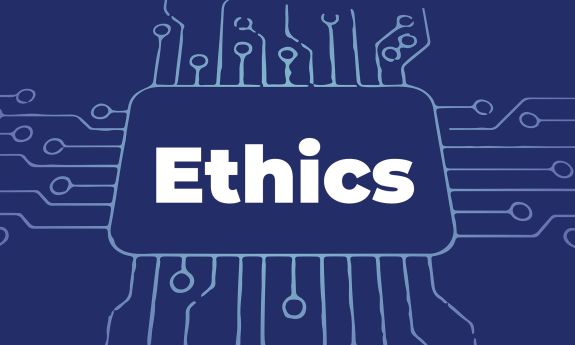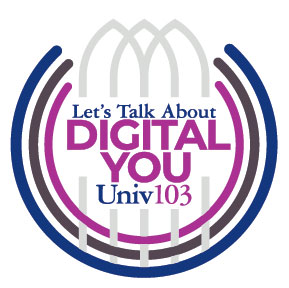New University Course Offers a Technical and Ethical Exploration of Our Data-Centric World


The course will follow the approach of the two previous university courses with a diverse collection of 14 Duke faculty and outside researchers presenting lectures. Each session will start with an hour-long lecture or panel discussion followed by a 90-minute hands-on lab component in which students use the technology as part of case studies developed for the topic.
It also builds on a certificate program developed by Science & Society and the Center for Computational Thinking that uses a dual-lecture format, pairing a technology-focused lecture with an ethics-lecture format.
“We liked this idea and thought we might adapt it for this course,” Hirschey said. “We created seven topic modules for the 14-week course, where students learn about a technology they use in one lecture, and then in the next lecture use that understanding of how it works to discuss the implications of that technology.

“For example, we have a module on ChatGPT. In one lecture, the students will learn about the technology that underlies ChatGPT, and then in the paired lecture, the students will answer difficult ethical and social questions about whether or not ChatGPT is plagiarism, whether it violates copyrights or how ChatGPT can be used ethically and the boundaries of its use.”
Hirschey said in selecting module subjects, the two co-conveners wanted “to put students in the center of the experience.”
“We wanted to think about the technologies that the students are experiencing, the technology that the students want to and need to know about, and the technologies with important social, political or ethical implications,” Hirschey said. “It turns out that a 14-week semester is too short of a time to cover all the topics we wanted to!”
In addition to ChatGPT, other class sessions will explore artificial intelligence art; how technology is changing the concept of creation and intellectual property; and the risks and benefits of AI use in health care and business.
Despite the focus on technology, students don’t need to have significant technological skills to make use of the class, Farahany said. She emphasized that the humanities and social sciences as essential to the effective discussion of technological change in society.
“If you have a lot of background with technology, it will be helpful, but it will be just as helpful if you don’t,” she said. “We want to attract a true cross section of the student body. The course is meant for anyone who cares what it means to be a human in the modern digital age. If you’re interested in that, these are the questions you’ll want to talk about.”

As a cohort, these students have grown up with Twitter and Facebook and other social media platforms and now are the first generation of college students to have artificial intelligence widely available for their use.
That makes their perspective valuable, the faculty members said.
“From a young age, these students been on media platforms,” Farahany said. “We will talk about social media platforms, and the filters the students use and how what they see and do on social media changes their conceptions of themselves and their interaction of other people.
“But other tools aren’t so new. The students are getting familiar with huge, generative AI tools, but they have big questions that we’re just now beginning to discuss.”
When students leave the course, the expectation is they will be better prepared to be active citizens in their communities in addressing the risks of technology while promoting creative use of them in socially responsible ways.
“My hope is they will be much more thoughtful about promises and perils of digital age and how to navigate them for themselves and for society,” Farahany said. “As with the other university courses, it’s not just about developing understanding of a challenging program. In our digital age, students need to be part of the solution. They need to help us use technology to lead us to an age of human flourishing rather than one of human crisis.”
In addition to “Let’s Talk About Digital You,” the two other university courses will again be offered in the 2023-24 academic year. “Let’s Talk about Climate Change” will be taught this fall and registration for the course is already full. “Let’s Talk about Race” will be offered in spring 2024.